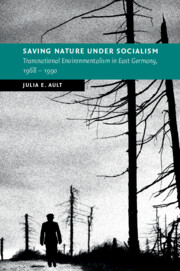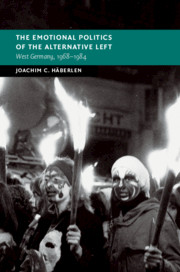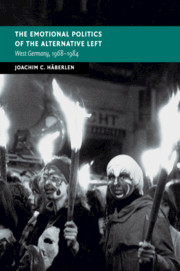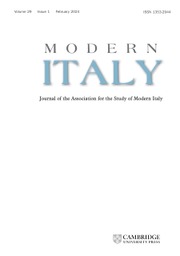Saving Nature Under Socialism
When East Germany collapsed in 1989–1990, outside observers were shocked to learn the extent of environmental devastation that existed there. The communist dictatorship, however, had sought to confront environmental issues since at least the 1960s. Through an analysis of official and oppositional sources, Saving Nature Under Socialism complicates attitudes toward the environment in East Germany by tracing both domestic and transnational engagement with nature and pollution. The communist dictatorship limited opportunities for protest, so officials and activists looked abroad to countries such as Poland and West Germany for inspiration and support. Julia Ault outlines the evolution of environmental policy and protest in East Germany and shows how East Germans responded to local degradation as well as to an international moment of environmental reckoning in the 1970s and 1980s. The example of East Germany thus challenges and broadens our understanding of the 'greening' of post-war Europe, and illuminates a larger, central European understanding of connection across the Iron Curtain.
- Illuminates the complexity of society under dictatorship, and the impact on environmental movements
- Demonstrates connections across geographic regions and questions assumed boundaries
- Connects disparate historiographies on Western and Eastern Europe during the Cold War
Reviews & endorsements
'A major contribution to the environmental history of socialist East Germany, showing the GDR as an ecological link, but also as an environmental hazard, to its neighbors. Ault traces the flow of pollution, people, ideas, and data through Central Europe, thereby highlighting the entanglements of environments and environmental activism during and after the Cold War.' Astrid M. Eckert, author of West Germany and the Iron Curtain
'Critical for any Europeanist, Saving Nature under Socialism uses environmentalism to demonstrate the importance of East German popular activism both with and against the state-as well as with and against grassroots politics across Cold War Europe. Julia Ault's book is an important achievement on many terrains, and should be widely read.' Belinda Davis, Rutgers University
'For some years, East German historiography has been escaping the tired and limiting perspectives soldered into place by the misguided triumphalism of the 1990s. Focusing on the GDR's last two decades, on the seemingly unpromising ground of environmentalism, Julia Ault further deepens our grasp of this misperceived state-socialist project and its boundaries.' Geoffrey Eley, University of Michigan
'A thoroughly researched, well-written, and well-structured book, which provides interesting insights into the entanglements between the environment and the state in East Germany.' Katja Doose, Jahrbücher für Geschichte Osteuropas
'Julia Ault demands we widen the lens beyond 1989 and the borders of the GDR. Ault argues that environmentalism and environmental thought had a longer and often contradictory history that dated back to the country's founding … [this is] a comprehensive history of state and nonstate actors, laws, institutions, and ideas about nature in the GDR. Ault shows how environmental thought was not a Western import but had taken root prior to 1949 and then expanded and evolved over the next four decades.' Thomas Fleischman, Agricultural History
Product details
March 2023Paperback
9781009001656
276 pages
228 × 151 × 16 mm
0.41kg
Available
Table of Contents
- Introduction
- 1. Balancing Economy and Ecology: Building toward Environmental Protection, 1945–1970
- 2. 'Socialist Environmentalism': Between Practice and Ideal, 1971–1982
- 3. Church, Faith, and Nature: An Alternative Environmentalism, 1972–1983
- 4. Intertwining Environmentalisms: Transboundary Pollution and Protest in Central Europe
- 5. Coming out from behind the Cloud: Environmentalism after Chernobyl
- 6. Growing Together? The Environment in the Collapse of Communism
- Conclusion
- Bibliography
- Index.







.jpg)
.jpg)
